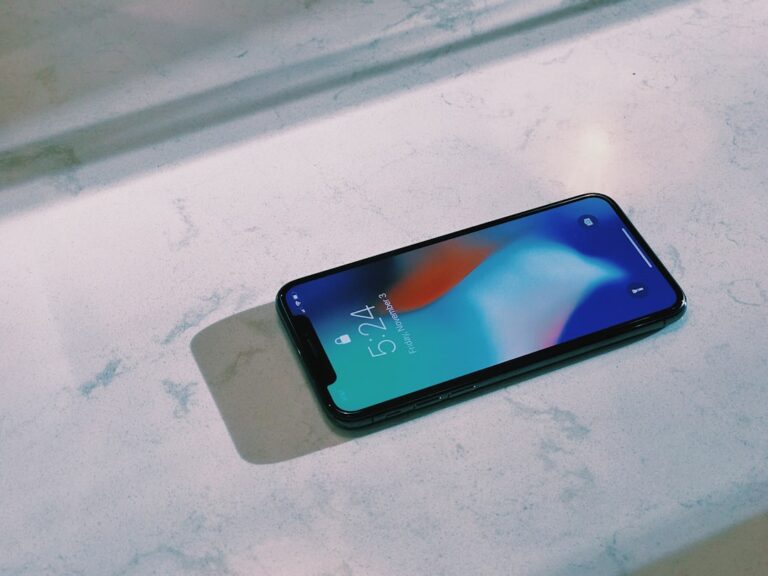In Illinois, the "Do Not Text" law restricts healthcare providers from texting patients, prioritizing privacy and patient peace. This legislation, aimed at modernizing communication, is crucial for Chicago's medical professionals to understand and comply with, potentially enhancing patient-doctor relationships. A "Do Not Text Lawyer Chicago" can guide professionals through legal requirements, avoid penalties, and ensure ethical digital age communication practices. Violations carry severe penalties up to $500 per violation, so compliance through explicit consent, professional platforms, and clear guidelines is essential.
In Illinois, the ‘Do Not Text’ law regarding healthcare providers is a critical regulation aimed at protecting patients from unnecessary distractions during medical interactions. This comprehensive guide explores the intricacies of this law, including who it applies to, potential penalties for non-compliance, and best practices for healthcare professionals in Chicago and beyond. Understanding these regulations is essential for maintaining patient safety and privacy.
Understanding Illinois' Do Not Text Law

In Illinois, the “Do Not Text” law is designed to protect patients and their privacy by restricting communication through text messages, especially from healthcare providers. This legislation aims to prevent unwanted or unnecessary texts, ensuring a patient’s right to peace and quiet, free from constant medical updates via SMS. The law is part of a broader effort to modernize healthcare communication, keeping pace with technological advancements while maintaining ethical standards.
Understanding the scope of this law is crucial for Chicago’s healthcare professionals. A “Do Not Text Lawyer Chicago” can provide valuable insights into compliance, helping healthcare providers navigate the legal requirements and avoid potential penalties. By adhering to these guidelines, medical practitioners can foster better patient-doctor relationships, built on trust and respect for individual preferences regarding communication methods.
Who is Covered by the Law?

The “Do Not Text” law in Illinois is designed to protect patients and their families from inappropriate communication by healthcare providers. This law applies to a wide range of medical professionals, including doctors, nurses, hospitals, and any entity offering healthcare services. Specifically, it prohibits these entities from sending text messages (SMS) or instant messages related to patient care without the explicit consent of the patient.
In terms of coverage, the law targets not only direct caregivers but also any support staff involved in a patient’s treatment. This means that a Do Not Text lawyer Chicago may be necessary if there’s a breach of this regulation, as it encompasses various communication methods and extends to both written and electronic forms of interaction with patients or their legal guardians.
Penalties and Enforcement

In Illinois, violation of the “Do Not Text” laws for healthcare providers can result in severe penalties. If found guilty, professionals could face fines ranging from $100 to $500 per violation, with potential additional costs and legal fees. These penalties are enforced through a combination of consumer complaints, random audits, and investigations by regulatory bodies. Healthcare providers are also required to undergo regular training to ensure compliance, making them accountable for their actions and messages sent.
For those who break these laws, the consequences can be far-reaching. Not only do they risk financial loss, but their medical licenses could also be jeopardized. In severe cases, a “Do Not Text Lawyer Chicago” might even be required to defend against legal charges, adding another layer of complexity and cost. Therefore, healthcare providers must be vigilant in adhering to these regulations to protect themselves and their patients from potential harm.
Best Practices for Healthcare Providers

In Illinois, where texting while driving is strictly prohibited, healthcare providers must adhere to similar regulations regarding patient communication. A “Do Not Text” law specifically targets lawyers in Chicago, but the principles extend to all professionals who rely on text messages for work purposes. To ensure compliance and maintain ethical standards, healthcare providers should adopt best practices when using electronic forms of communication.
Firstly, always obtain explicit consent from patients before sending any text messages related to their care. This not only respects patient privacy but also ensures that they are aware of and comfortable with the method of communication. Secondly, keep all texts professional, concise, and free from sensitive or personal information. Thirdly, use secure messaging platforms approved for healthcare use to protect patient data. Lastly, establish clear guidelines for responding to texts, especially regarding urgent matters, to maintain timely care while avoiding potential breaches of confidentiality.






